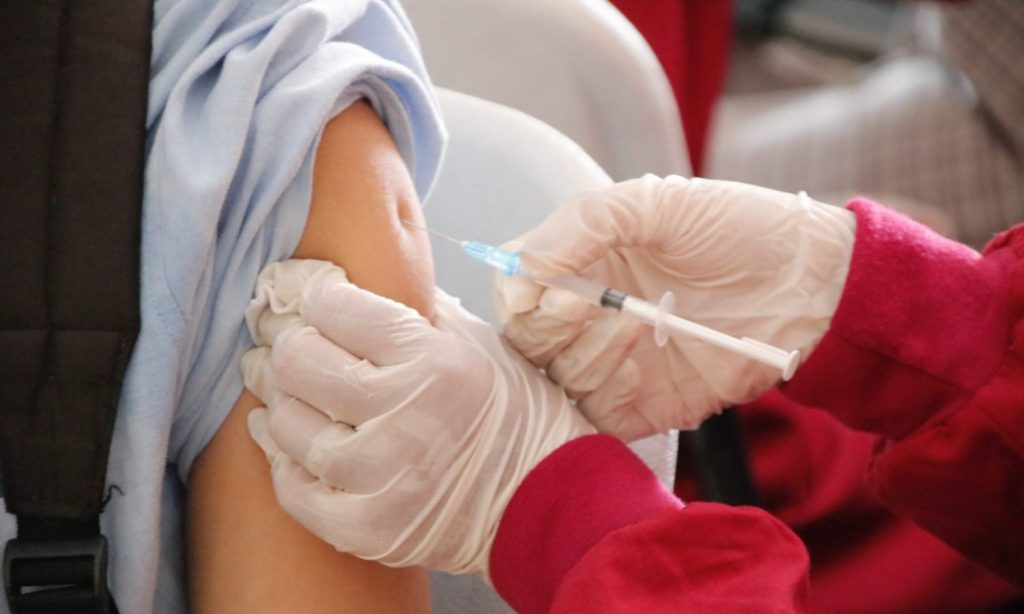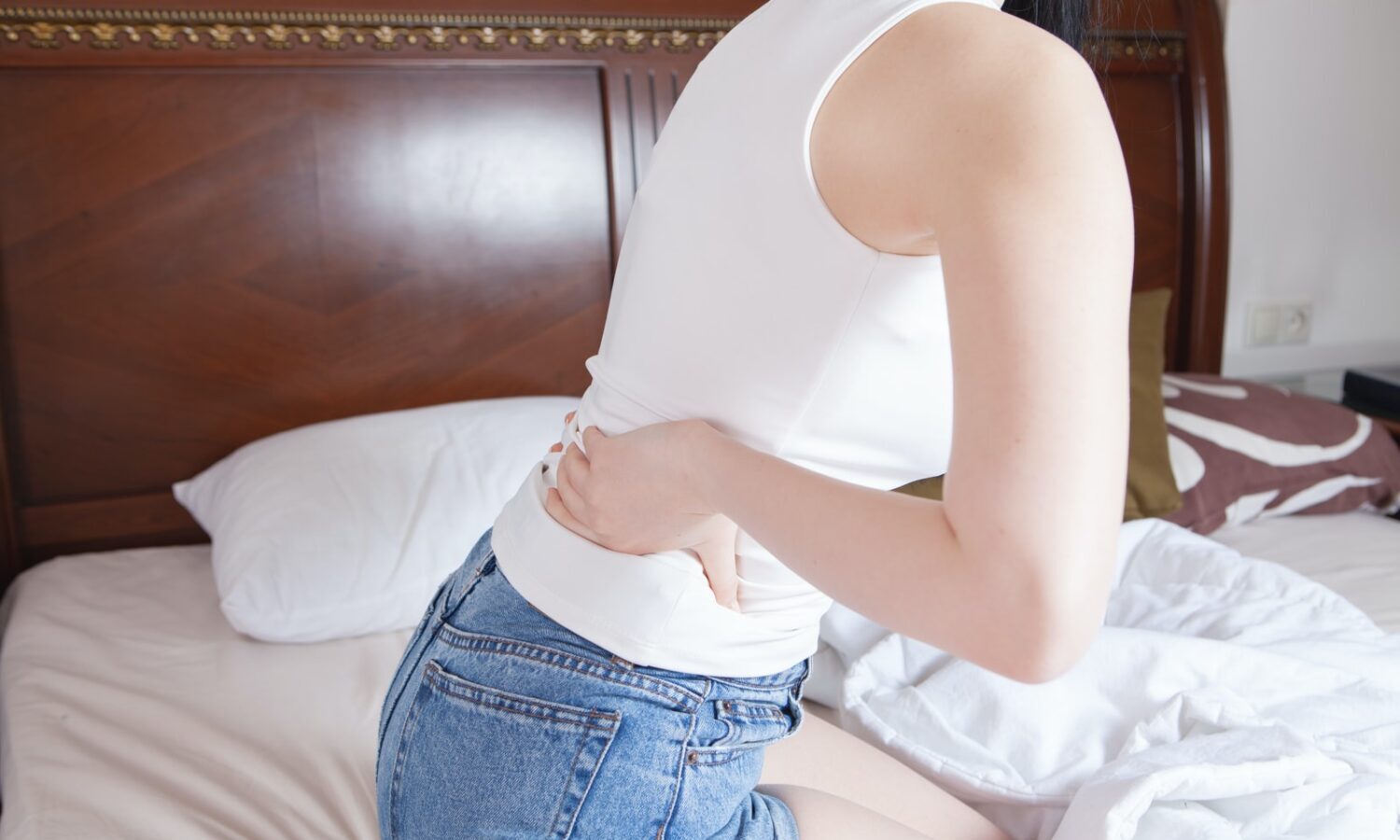A new survey shows how many people’s menstrual cycles were affected by the COVID vaccine.
Like all vaccines, COVID vaccines have side effects. Still, since everyone is talking about them and their circumstances are so peculiar, their effects are dissected and analyzed than your average flu shot.
Among these side effects, there’s one that’s concerning to people who have periods, with many of them reporting that the COVID vaccine affects these days of the month, something that can be scary. Researchers conducted a survey on a large number of people with menstruation, noticing some trends and patterns that can reassure anyone who’s experienced fluctuations with their period closely following their COVID vaccine.

RELATED: If You Have Meat In Your Freezer, You May Be At Risk For COVID
The study, published in the journal Science Advances, is the largest to date. Researchers analyzed answers from more than 39,000 people between the ages of 18-80, from participants all over the globe who had been vaccinated and had not contracted COVID prior to their shots.
Results showed that 44% of respondents experienced no change in their menstrual cycles. Of those who did experience changes, 42% reported heavier bleeding after vaccination, and 14% reported lighter periods.
“I think it’s important that people know this can happen, so they’re not scared, they’re not shocked, and they’re not caught without supplies,” study author and biological anthropologist Katherine Lee told The New York Times.
Other factors highlighted by the study include the fact that older people, people taking birth control, and people who’d been pregnant in the past or had conditions like endometriosis or polycystic ovarian syndrome were more likely to experience heavier periods post-vaccine.
Hispanics and Latinos, and people who experience side effects like fever or fatigue after their vaccine were more likely to experience disrupted periods.

RELATED: The Only Way Eating Healthy And Working Out Will Help You Live Longer
While it’s not known why vaccines trigger these changes in some people, researchers have a few theories. The hypothalamus secretes the hormones responsible for regulating periods, and it can be influenced by outside factors, like a shot. The endometrium has also been linked to people’s immune systems in the past, making it reasonable for it to be affected when subjecting the body to new pathogens.
Temporary menstrual changes following a vaccine are normal and can be thought of as temperature or blood pressure changes. As long as these irregularities are temporary and the changes are nothing extraordinary, there shouldn’t be a cause for concern.


